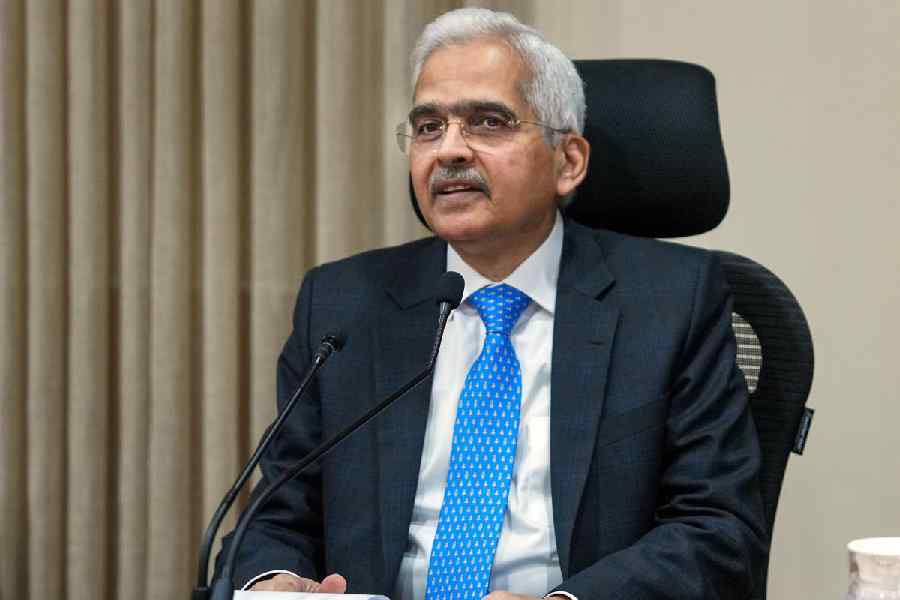Reserve Bank Governor Shaktikanta Das Friday pitched for the "expeditious completion" of the 16th general review of the quotas at the International Monetary Fund (IMF), pointing out that the same can help the multilateral lender assist distressed countries in a better way.
Addressing a G20 seminar on the global economy, organised by the Finance Ministry and the Reserve Bank of India (RBI) here, Das also said the funding conditions of the IMF are such that they make the country that needs the money urgently look elsewhere because those conditions come with lots of riders and attendant stigmas.
"My point is that corrective measures, including financing, should be put in place in a timely, non-stigmatised and more open access basis. For this, a bigger and stronger IMF that is capable of managing the levels of country-risk assumes crucial importance.
"This is more so since the IMF's support is linked to the quota size of the member-countries, the 16th general review of the quotas and its attendant requirements, including governance reforms, need to be completed expeditiously," Das said.
He also said that recent experiences suggest poor countries facing financial difficulties go to other bodies beyond the IMF because of the perceived stigma or lack of access.
Therefore, "a bigger and stronger IMF that is capable of managing the levels of country risks assumes crucial importance," he noted.
According to him, the crucial role of the IMF and the World Bank in addressing global debt vulnerabilities cannot be overstated as they are at the centre of international monetary and financial system.
Hence it is incumbent upon them to do more for countries in debt distress, the Governor said.
Mentioning about the inherent limitation of the IMF and World Bank's ways of funding, Das said the IMF's precautionary programmes such as the precautionary lending line are available for countries with sound macro-fundamentals but there is little reason for countries with strong macro-fundamentals to seek precautionary lines.
Further, the stand-by arrangements are offered for countries with a balance of payments crisis but such arrangements come with performance benchmarks, and the attendant stigma, he pointed out.
"This is an important issue, as the recent experience shows how the perceived stigma of and/or lack of access to the IMF programmes can cause countries to seek support from other lenders rather than the IMF, with debt sustainability consequences.
"It may be helpful if programmes can be designed with less conditionalities for countries with macro-fundamentals that are not sound but reasonably resilient, if they are not marred by balance of payments stress," Das suggested.
He also went on to argue that such quota reforms besides enhancing the legitimacy of the IMF in its oversight of the international monetary and financial system will also increase traction for its policy advice.
"We must not allow the burden of debt to stifle the potential for global growth,” Das said.
Except for the headline, this story has not been edited by The Telegraph Online staff and has been published from a syndicated feed.










